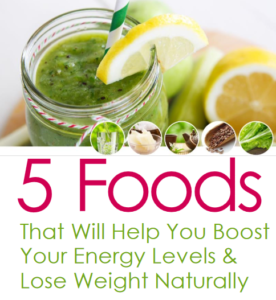Magnesium (Mg).
It’s like “the wizard behind the curtain” because it’s everywhere and seems to be doing everything in your body.
And *most* of us don’t get enough of it!
National studies, in the UK reveal that almost 100% of adults are not meeting their RDA (recommended daily allowance) for magnesium.
Why do you need Magnesium?
Magnesium plays a crucial role in 600 enzymatic processes in your body and there’s a TON of research backing up magnesium’s potent health benefits.
An essential mineral regulating muscle and nerve function and supporting bone and DNA health.
You need magnesium for a healthy heartbeat, energy and neurotransmitter production, bone metabolism, sleep, relaxation, and so much more.
And yet, it is one of the most common nutrient deficiencies as we get older.
In a new study [PMID 36899275], researchers confirm that adequate magnesium intake will decrease brain shrinkage as we age and reduces the risk of dementia and cognitive disorders.
Magnesium is responsible for your body’s energy at a cellular level and if you have adequate levels of magnesium, your aging can be slowed down. Your body needs magnesium to produce energy in the form of ATP (2).
These are the Common Signs of Magnesium Deficiency
Unusual signs you may have Mg deficient - tongue quivering, tiredness, cramping, eye twitches, sleep problems or loss of appetite, PMS, irritability, anxiety, headaches, high blood pressure or nausea and vomiting.
Ref: Henderson et al (2002) National Diet and Nutrition Survey: adults aged 19 to 64yrs. The Stationery Office. London
Why Are We So Magnesium Deficient?
Modern soils have become severely depleted of magnesium, when compared to “Paleolithic societies where daily Mg intake was about 600 mg, significantly higher than today's [1].
Chronic stress also depletes magnesium levels, so does poor sleep, exercise, high caffeine intake, and sugary diets.
Magnesium is also depleted by:
- insulin resistance or metabolic syndrome i.e. issues with blood sugar.
- processed and refined foods.
- a lack of fruits and vegetables.
- Overcooking and boiling of produce.
- Alcohol, soda, and caffeine.
- Taking calcium supplements without magnesium in the correct ratio.
- High dairy intake.
- High salt intake.
How do you get more Magnesium?
Ideally you want to get your magnesium from a food-first approach.
Foods rich in Mg include pumpkin seeds (168 mg in 2 tablespoons), almonds (80 mg in 23 almonds), spinach (80 mg in 1 cup cooked), and dark chocolate (50 mg in 1 ounce—make sure its 70% or higher for less sugar).
However, only 30 to 40 percent of magnesium in plants is bioavailable because it comes bound to “anti-nutrients” like phytic acid that make it harder to absorb.
Foods that are exceptionally high in magnesium.
When you consider the RDA is a guide to the very lowest amount required to prevent outright deficiency, it means that hardly anyone is getting the optimal amounts of magnesium required for their body to function at its best.
And with magnesium being involved in so many reactions in our bodies, the painful truth is that virtually everyone is magnesium deficient!
Hormonal Issues and The Link to Magnesium Deficiency
Magnesium is an absolute essential for you to have healthy hormones that are in balance = less moodiness, less cramps, PMS sx and better sleep to name a few benefits!
Whether you're entering peri-menopause, dealing with a PMS type hormonal imbalance, or coming off contraceptives, the right levels of magnesium are needed to produce optimal amounts of hormones such as progesterone, oestrogen, and testosterone.
Magnesium, combined with vitamin B6, proves particularly effective in managing mood-related PMS symptoms. Magnesium helps to regulate the neurotransmitters that affect your mood and emotional state.
Magnesium supplementation has been shown to help lessen bloating, sugar cravings, cramping, reducing anxiety and sleep disturbances all associated with PMS.
Chocolate is one of the most common foods women crave right before they start their periods, did you know chocolate is one of the highest food sources of magnesium.
Insulin resistance is a key feature of PCOS. High insulin is not just a symptom of PCOS—it is also a major driver of the condition.
Women with PCOS are 19 times more likely to have a magnesium deficiency, according to a study in Gynaecology Endocrinology.
Individuals with insulin resistance, metabolic syndrome or type 2 diabetes tend to be lacking magnesium. One theory is that chronic insulin reduces magnesium levels.
Magnesium is important to help glucose enter cells where it is used for energy. Part of its job, is regulating the function and transport of insulin, that acts as a key to open the cell doors to glucose. Without enough magnesium, glucose doesn’t enter the cells in sufficient amounts. This can cause fatigue and difficulties regulating blood sugar.
Sufficient levels of magnesium can therefore improve insulin resistance and reduce your risk for developing type 2 diabetes.
By reducing blood sugar levels, normalising insulin, and curbing sugar cravings, magnesium serves as a natural ally in managing PCOS symptoms. Some even call magnesium "natural metformin," due to its role in managing insulin sensitivity.
Thyroid Support:
Magnesium is a key nutrient for thyroid health. Its anti-inflammatory properties reduce autoimmune inflammation, which is common with thyroid issues.
Mg converts the inactive thyroid hormone T4 into the active thyroid hormone T3. Without this conversion, cells do not receive the more potent form of thyroid hormone. Therefore, when magnesium levels are low, our thyroid is not able to function correctly.
And, finally, magnesium deficiency increases your risk of developing thyroid antibodies (3).
Ensuring an adequate magnesium intake becomes essential for those looking to maintain a healthy thyroid.
Magnesium is essential for proper mitochondrial function, production of ATP which is really our energy molecule. Therefore, low levels of magnesium means that these functions are not running as efficiently as they should and can lead to exhaustion.
Magnesium helps to convert the glucose in food into energy. So, getting enough magnesium can help keep energy levels stable and prevent the onset of tiredness.
It has been suggested that magnesium may play an important role in treating fatigue related health problems such as chronic fatigue syndrome (CFS) and fibromyalgia syndrome (FMS).
CFS is associated with lower red blood cell magnesium levels compared to controls, and approximately 40% of chronic fatigue patients are magnesium deficient.
For energy production these processes also require malic acid, acetyl-l-carnitine, B vitamins, vitamin C, selenium and iodine.
Magnesium for Stress Management
Stress activates the sympathetic nervous system, and prepares your body for intense physical activity, or to ‘fight or take flight’. Hormones such as cortisol are released, and as a result more magnesium is used.
Magnesium acts as a calming force on the nervous system, playing a essential role in regulating the stress control system—the HPA axis.
Other central nervous system disorders linked to magnesium deficiency include depression, migraine, epilepsy, Parkinson’s disease, brain injury and stroke.
Magnesium (Mg) as a Sleep Aid for Insomnia
Often referred to as nature's tranquiliser, magnesium emerges as a potent sleep aid as it has an overall calming and relaxing effect on the nervous system.
Magnesium may help to support GABA naturally, which is a calming neurotransmitter helping with good sleep.
Mg facilitates a restful night's sleep by balancing the sleep-wake cycle promoting the production of the sleep-inducing hormone, melatonin. Melatonin is produced in the pineal gland in response to darkness, and serotonin is converted to melatonin, with the help of magnesium.
Chronic sleep deprivation, exacerbated by magnesium depletion, can lead to a vicious cycle of worsening insomnia.
Anti-Aging Potential of Magnesium
Magnesium prevents telomere shortening, reduces oxidative stress, and enhances the production of glutathione.
Given the role of magnesium in a myriad of cellular processes, it should not be surprising that magnesium deficiency leads to accelerated ageing (R). Magnesium is needed to build, maintain, and repair DNA.
Magnesium can reduce inflamm-aging (low-grade inflammation that increases during aging). Low levels of magnesium have been linked to chronic low-grade inflammation, which is one of the drivers of aging (R).
Magnesium for Muscles & Sports Performance
Magnesium is involved in many different aspects of muscle usage. Does exercise deplete magnesium? Yes, the reason you need magnesium for athletic performance is because this mineral is a crucial factor in the production of ATP, which provides energy for the muscles.
Studies suggest that strenuous exercise increases the need for magnesium by up to 20 percent.
Severe magnesium depletion results in muscle weakness, dysfunction, cramping, and spasms.
When do you need to supplement?
If you are prone to any of the signs mentioned above, then you might be deficient, especially if you have a lot of stress in your life, often feel tired or can’t sleep.
There are times when supplementation is necessary, especially when the food sources available are limited. You might be surprised at how much of a difference this mineral can make in your life.
When analysing the dietary intake of thousands of participants, researchers found that those consuming more than 550 mg of magnesium daily (way more than the RDA of about 300-400 mg) had a brain age that was one year younger by the time they reach 55 compared to those with a normal magnesium intake of about 350 mg daily.
Magnesium Supplements: Choosing One
One of the great things about the magnesium formulations available nowadays, is that they can come bound to other compounds to help direct the magnesium to specific places of the body.
This is important because most of the magnesium in your body is intracellular.
Magnesium is very chemically reactive and is usually attached to something else.
The substance magnesium is attached to in a supplement not only affects factors such as absorption and gut tolerability but provides additional physiological activity too. It’s important to consider this when selecting your magnesium supplement.
Combining magnesium with amino acids like glycine and taurine enhances its effectiveness.
Here is a break down the different types of magnesium and for what conditions.
It has a gentle laxative effect and is often used in medications to treat constipation.
MAGNESIUM GLYCINATE - is one of the most bioavailable and absorbable forms of magnesium. It’s a magnesium combined with glycine an amino acid (which has antioxidant and anti-inflammatory properties).
Glycine has a calming effect due to its ability to increase the neurotransmitter GABA.
When you take this form, not only do you get magnesium but you get additional effects from the glycine, and these are particularly relevant for supporting calm, relaxation and sleep.
Glycine readily crosses the blood brain barrier and has a calming effect on the brain.
A great go-to magnesium for relieving anxiety, reducing muscle pain, cardiovascular health and promoting sleep. some studies have shown that glycine supplementation in sleep-deprived study participants results in improved reaction times and reports of feeling more refreshed during the day.
This form provides the additional benefits of glycine, supporting healthy insulin sensitivity and methylation.
Magnesium Threonate - is magnesium combined with threonic acid (a vitamin C metabolite). This form of magnesium can be transported across fat membranes and is the best form for crossing the blood-brain barrier.
Magnesium threonate is effective for brain and mental health conditions, like brain fog, mood disorders, depression, anxiety, headaches, migraines, and age-related memory decline.
The blood-brain barrier is a network of cells (8) and blood vessels designed to protect your brain from harmful substances.
Magnesium Malate - is a combination of malic acid and magnesium.
Malic acid is a vital component of enzymes that play a key role in ATP synthesis and energy production.
Magnesium malate is highly absorbable and can be very beneficial for patients experiencing low energy and fatigue, such as fibromyalgia and chronic fatigue syndrome.
Magnesium Oxide - is magnesium that is bound to oxygen and is the most common form of magnesium sold in pharmacies, it is non-chelated and possesses a poor absorption rate. Only about 4% is absorbed.
It is the form found in Milk of Magnesia and most often used for digestive issues like heartburn, indigestion, and constipation.
However, compared to other types, magnesium oxide is not absorbed by the body as well.
Magnesium Taurate - Enriched with the amino acid taurine, magnesium taurate may contribute to heart health.
Animal studies indicate that magnesium taurate significantly reduces blood pressure, showcasing potential benefits in managing hypertension.
Understanding these nuanced advantages of each magnesium form may help you to choose a magnesium that meets your requirements - whether its for digestive discomfort, anxiety, insomnia, or heart health support.
HOW MUCH MAGNESIUM?
The recommended daily allowance is as follows:
Children: 80-150mg/day
Adolescents: 200-400 mg/day
Adults: 300-450 mg/day
Epsom Salt Baths
According to studies, magnesium and sulfate are both absorbed through the skin, which makes Epsom salt baths one of the easiest and most ideal ways to enjoy its health benefits. It may help with nutrient absorption, flush toxins, and help ease migraines.
They may be an effective way to improve relaxation and sleep quality, according to a recent study published in the Journal of Clinical Sleep Medicine.
This study was conducted by researchers from the China Medical University in Taichung, Taiwan, looked at 10 studies that included a total of 517 participants. The studies compared the effects of taking an epsom salt bath with a control intervention, such as a placebo bath, no bath, or another intervention.
It was found that taking an epsom salt bath was associated with significantly improved self-rated relaxation and sleep quality, sleep efficiency, and falling asleep.
The greatest benefits where when the bath was taken for 20-30 minutes before bedtime.
The researchers concluded that taking an epsom salt bath may be an effective way to improve relaxation and sleep quality in adults.
In summary
There are many different brands of magnesium available you may want to consult a qualified practitioner who will be able to advise you on what forms/brands to take.
Here are some brands to consider – if in South Africa you can access Metagenics via my online shop.
Metagenics high-grade magnesium supplements are available on this on-line portal in South Africa https://nourishedhealth.metagenics.co.za
I have given you a link to get the Nutri advanced products in UK etc.
I also use a online website and I can send you a list if you would prefer that. Please send an email to sue@suehardman.com
Or you can order from the Nutri Advanced Magnesium range available in the UK / US at https://amzn.to/4bTyEF2
Adding magnesium may be the start to addressing your fatigue, headaches, poor sleep or PMS, however you may need additional support to uncover what else is preventing you from feeling the best, most energetic version of yourself.
Please get in touch for more support - sue@suehardman.com

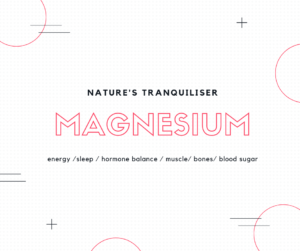
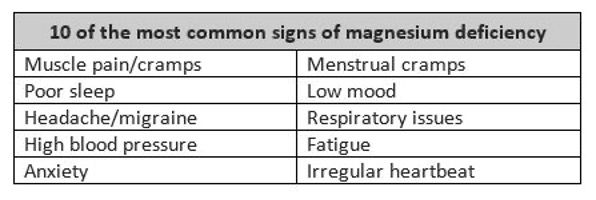
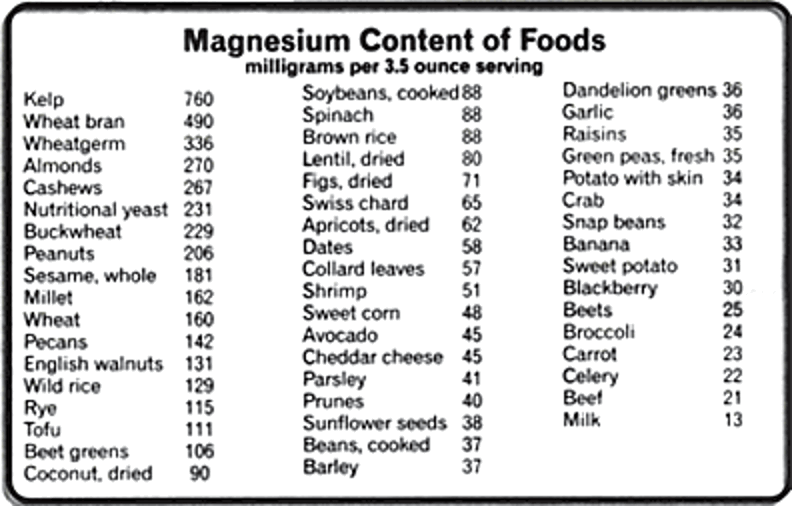

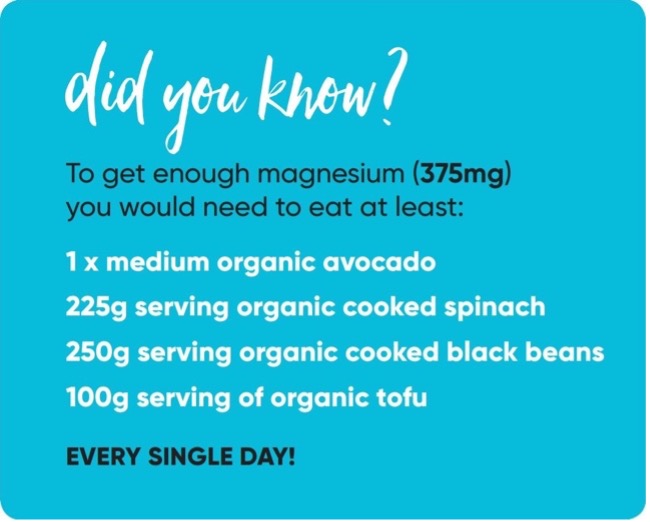
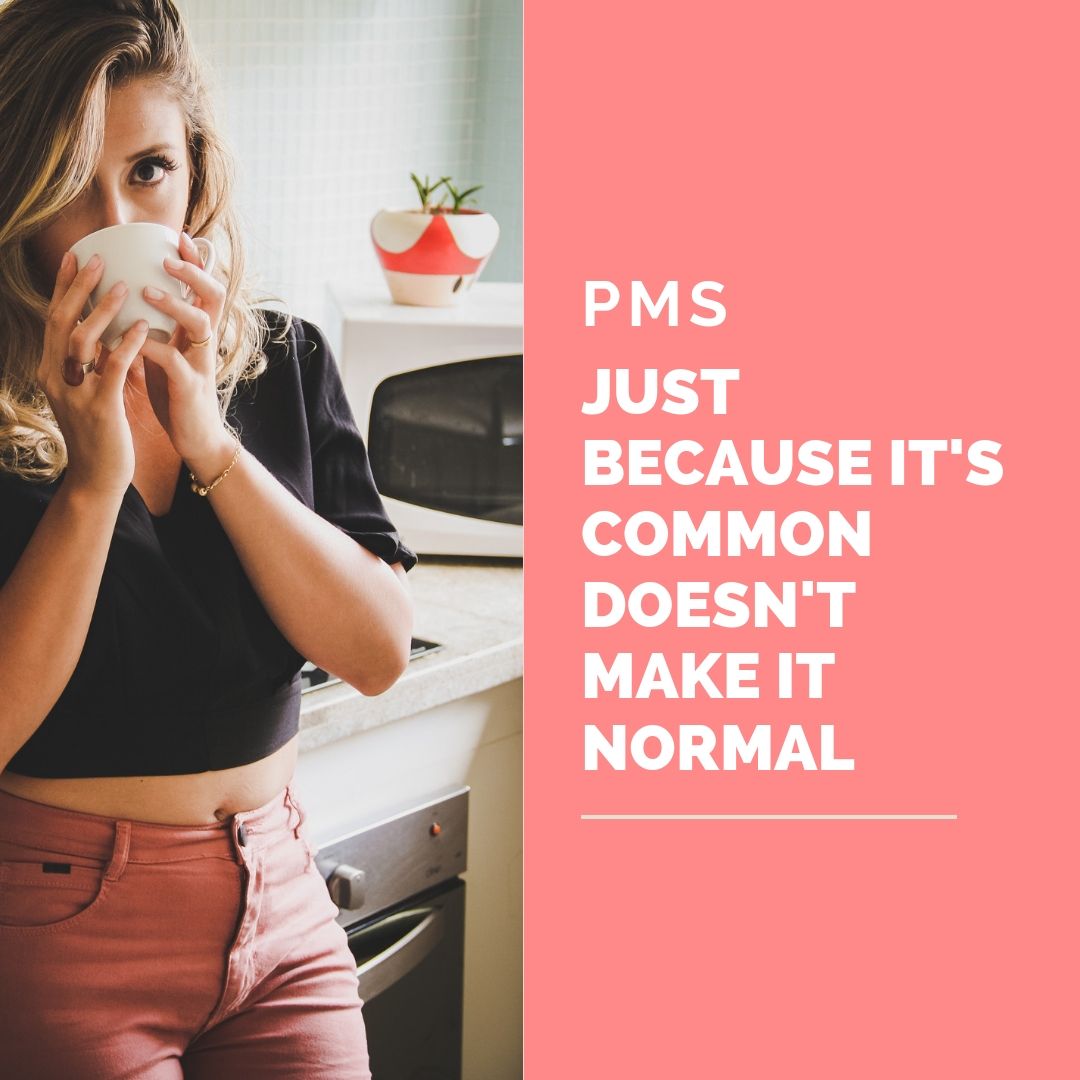





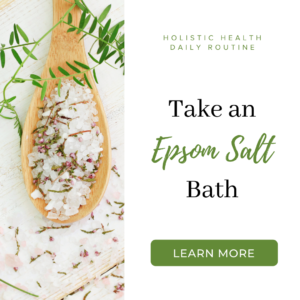

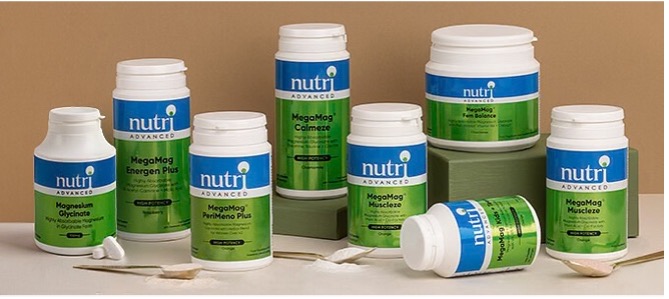

 hormones (chemical messengers) to manage this – mainly T4 and T3.
hormones (chemical messengers) to manage this – mainly T4 and T3.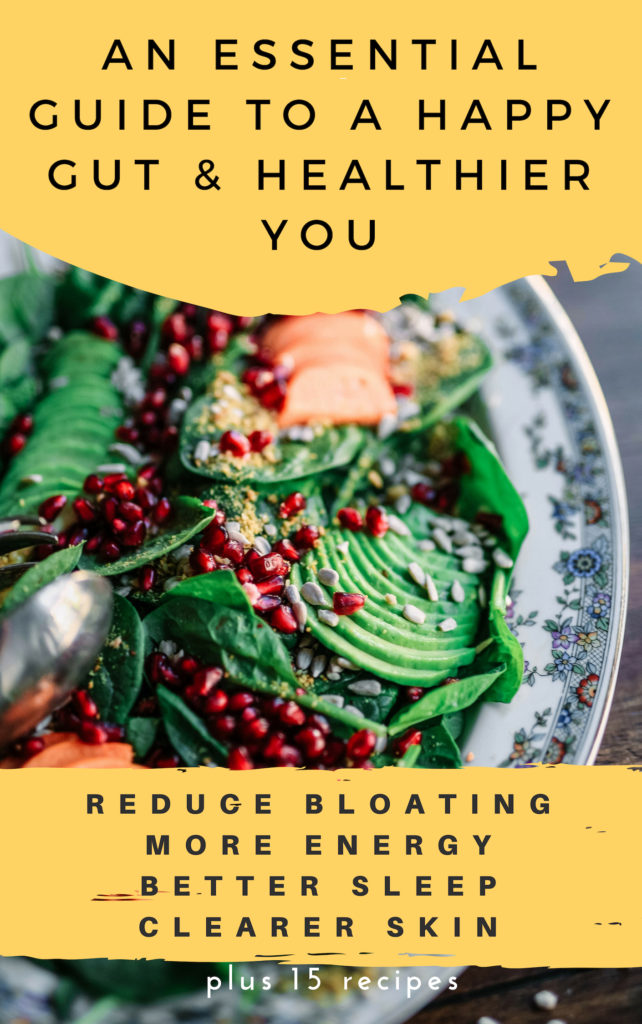

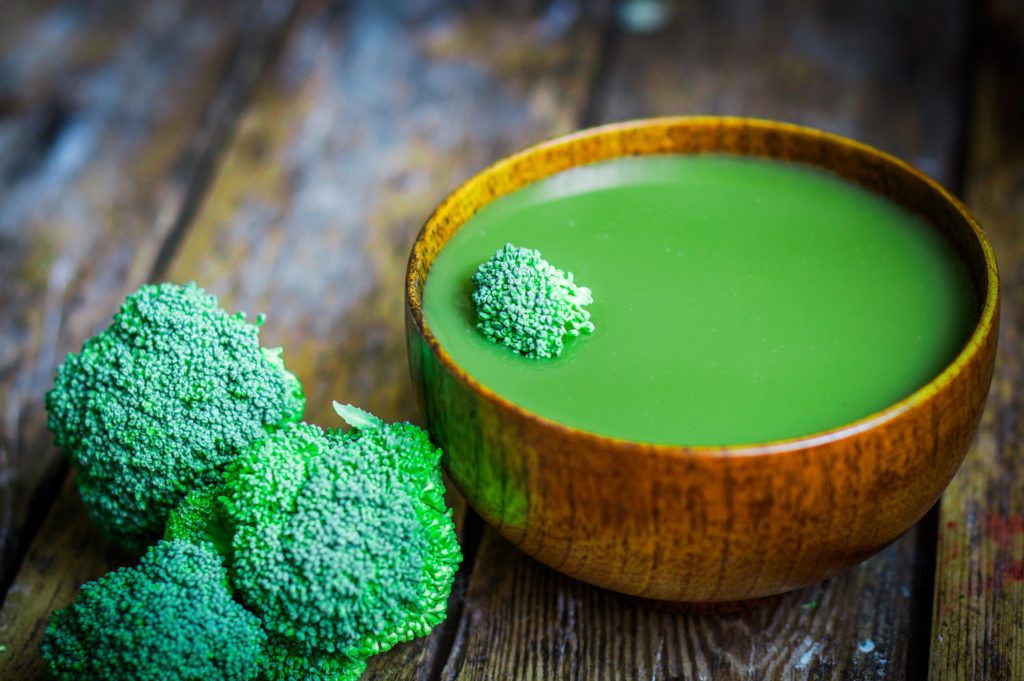


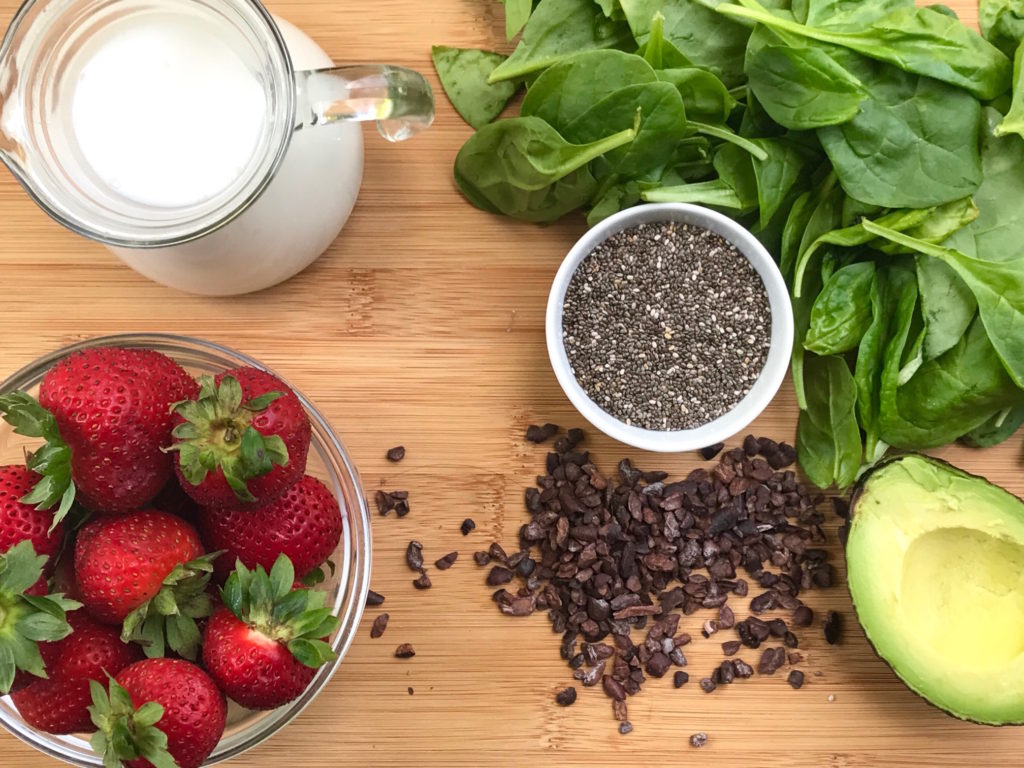





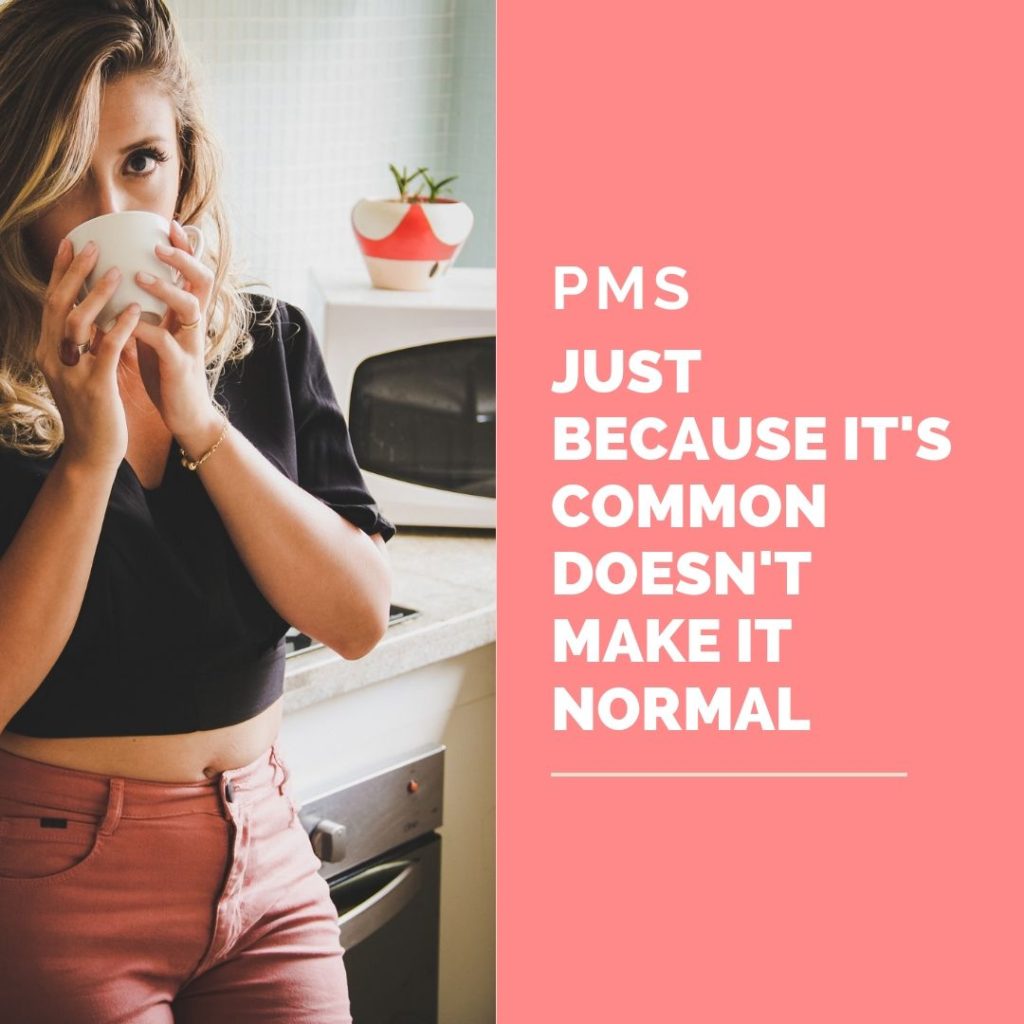

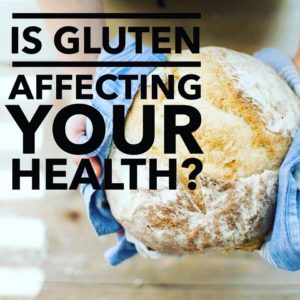 Is the Gluten Free Diet Just a Fad?
Is the Gluten Free Diet Just a Fad?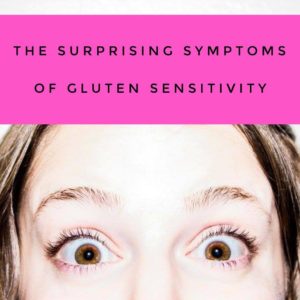 If you’re already experiencing these types of symptoms, first consult a health professional rather than diagnosing yourself.
If you’re already experiencing these types of symptoms, first consult a health professional rather than diagnosing yourself.